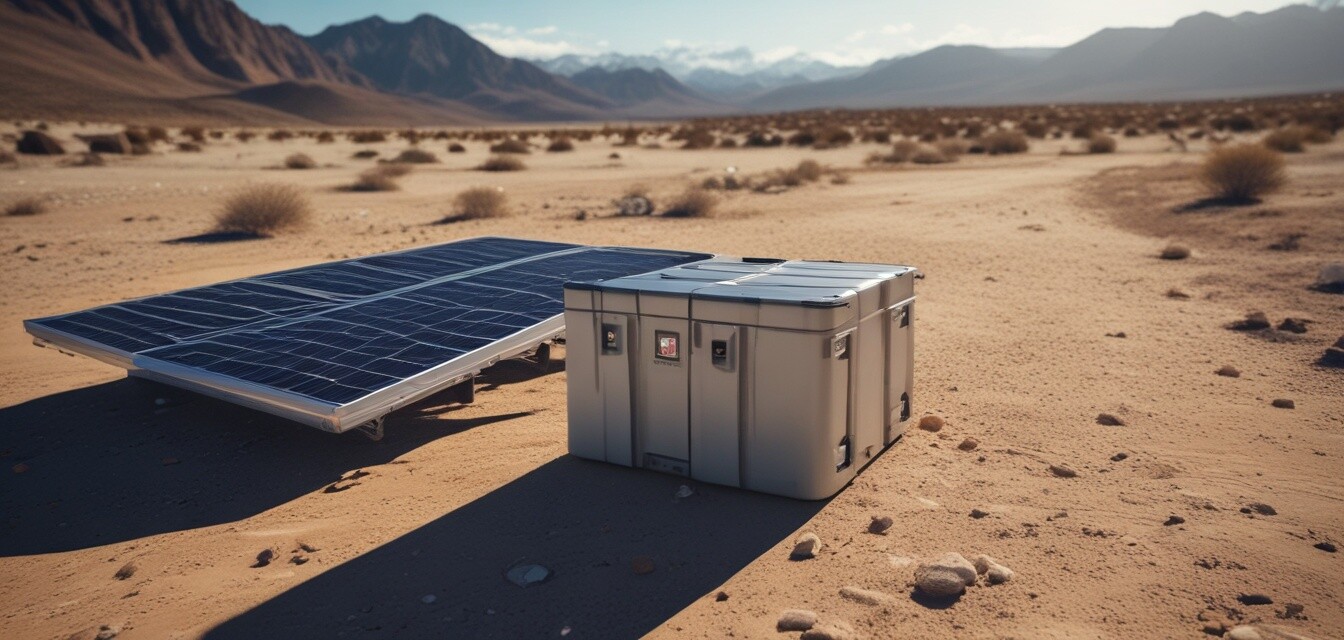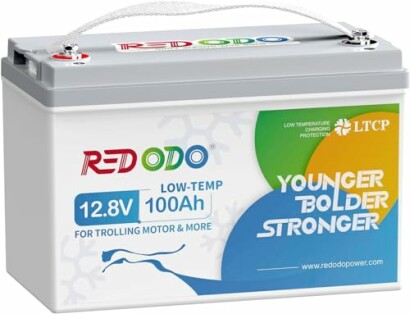
Lithium vs. AGM Batteries: Which is Best for RV Solar?
Key Takeaways
- Lithium batteries offer longer lifespan and better performance but come at a higher cost compared to AGM batteries.
- AGM batteries are more affordable but do not last as long and may lack some performance capabilities of lithium batteries.
- Consider your RV usage, budget, and energy needs when choosing between lithium and AGM batteries.
When it comes to choosing batteries for your RV solar power system, understanding the differences between lithium and AGM batteries is crucial. This article will help you compare these two battery types, focusing on performance, longevity, and cost. Let’s dive into the specifics!
Understanding Battery Types
Before we get into the comparison, let’s clarify what lithium and AGM batteries are.
What are Lithium Batteries?
Lithium batteries, specifically Lithium Iron Phosphate (LiFePO4), are known for their impressive energy density and durability. They are popular in modern RV solar kits because they charge faster, last longer, and are more efficient compared to traditional batteries.
What are AGM Batteries?
Absorbent Glass Mat (AGM) batteries are a type of lead-acid battery that is sealed and maintenance-free. They are commonly used because of their relatively lower cost and solid performance for various applications, including RV solar systems.
Comparison: Lithium vs. AGM
| Aspect | Lithium Batteries | AGM Batteries |
|---|---|---|
| Lifespan | Up to 10 years or more | 3-5 years |
| Cycle Life | 2000-5000 cycles | 500-1000 cycles |
| Weight | Typically lighter | Heavier |
| Performance in Cold Weather | Better cold performance | Reduced capacity |
| Cost | Higher initial investment | More affordable |
Pros and Cons
Pros of Lithium Batteries
- Longer lifespan and cycles
- Faster charging time
- Lightweight design
- Better performance in extreme temperatures
Cons of Lithium Batteries
- Higher upfront cost
- More complex charging system required
Pros of AGM Batteries
- Lower cost compared to lithium
- Good safety features
- Maintenance-free operation
Cons of AGM Batteries
- Shorter lifespan
- Heavier weight
- Less efficient at cold temperatures
Which Battery Should You Choose?
The decision between lithium and AGM batteries depends largely on individual needs and preferences:
- If you often boondock and need a reliable power source for extended periods, consider investing in lithium batteries for their longevity and energy efficiency.
- If you are on a budget or engage in occasional camping trips, AGM batteries might suffice for your needs.
Featured Product: Redodo 12.8V 100AH LiFePO4 Battery
The Redodo 12.8V 100AH LiFePO4 Battery is an excellent example of a lithium battery designed for RV use. Here’s a closer look at its features:
Redodo 12.8V 100AH LiFePO4 Battery
A lithium battery with low temperature cutoff protection and a robust design, perfect for RV solar systems.
Learn MoreFinal Thoughts
Both lithium and AGM batteries have their merits and can serve your RV solar power needs well, depending on your specific circumstances. Take into account your budget, energy requirements, and how often you plan to use your RV solar system. For more information on selecting the right battery, check out our guide on Choosing the right RV solar kit.
If you want to explore more options for upgrading your RV solar setup, feel free to check out our Complete Solar Systems page for comprehensive solutions.
